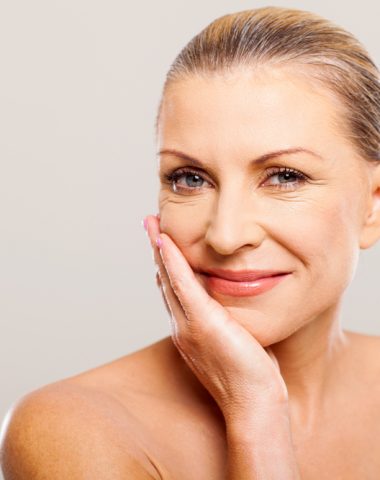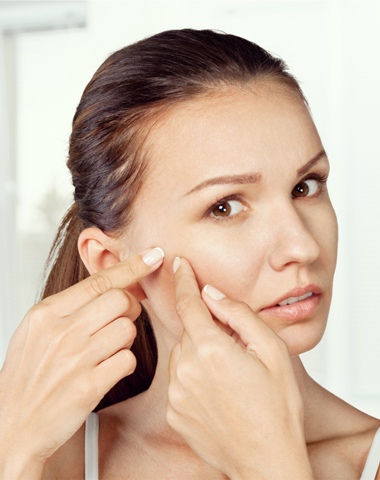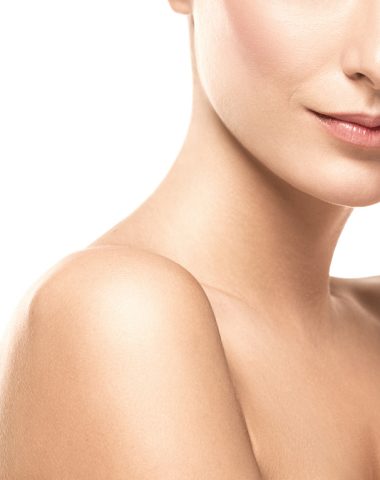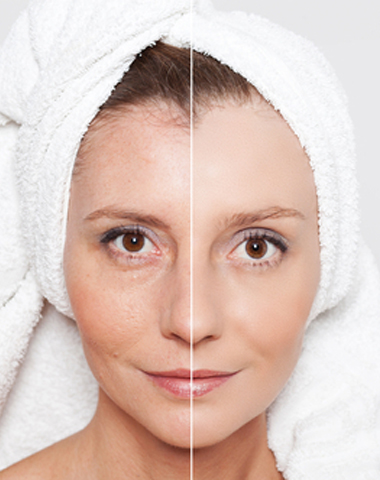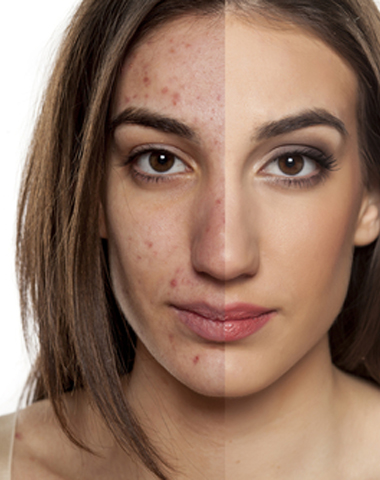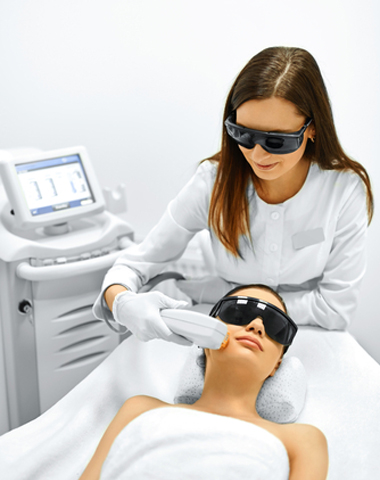If you need another reason to enjoy your orange juice at breakfast, consider the amazing powers of vitamin C to help heal and protect your skin. This multi-tasking essential vitamin manages to fight nearly every sign of aging, from fine lines and wrinkles to age spots and dryness. Scientists at the Linus Pauling Institute, at Oregon State University, report numerous dermatological benefits of vitamin C, especially for aging. You’ll see an improvement in skin tone, texture, and brightness within just a few weeks of adding vitamin C to your diet and skincare routine.
lines and wrinkles to age spots and dryness. Scientists at the Linus Pauling Institute, at Oregon State University, report numerous dermatological benefits of vitamin C, especially for aging. You’ll see an improvement in skin tone, texture, and brightness within just a few weeks of adding vitamin C to your diet and skincare routine.
The Benefits of Vitamin C
Vitamin C, or ascorbic acid, is an essential nutrient for all human life, necessary for growth and healing throughout the body, including your skin. The first super power of vitamin C is that it stimulates the synthesis of collagen, the structural protein that gives skin its youthful, glowing appearance. Although many products claim to externally provide collagen, vitamin C is actually proven to boost its production through natural means. More collagen production will lead to plumper skin, less visible lines, and slower skin aging.
Vitamin C also has powerful antioxidant properties, which protect skin against the damage done by destructive free radicals. This includes photodamage from ultraviolet radiation, which is the cause of nearly every visible sign of aging. This amazing vitamin has been proven to diminish hyperpigmentaion and actively prevent the formation of wrinkles. Studies also show that vitamin C increases the speed of wound healing, softens skin, and fights the effects of air pollution. Without a doubt, vitamin C is one of the most useful ingredients in an anti-aging skincare regimen.
How To Use Vitamin C
You can get many of the benefits of vitamin the old-fashioned way, by eating foods that contain it. Foods with high levels of vitamin C include oranges, berries, kiwis, bell peppers, and tomatoes. This is a tasty and healthy way to bring the power of vitamin C to your whole body, and many studies show a positive effect of dietary ascorbic acid intake alone on skin tone and healing.
That said, if you’re looking for fast results, a tropical vitamin C serum or cream is a better choice. This way, ingredients are directly applied to the cells they are protecting, giving faster and more intense results. Since vitamin C can lose potency when exposed to light, make sure to use a product that comes in a dark or opaque container. Follow the directions on on the product’s label, but be sure to apply the topical vitamin C directly onto your skin, before putting on any moisturizer, so it can be better absorbed. Keep in mind that vitamin C counteracts photodamage, but it does not block the UV rays, so you should still wear a full-spectrum sunscreen.
What to Expect
Changing your diet to include more vitamin C can have a very quick impact on overall health, including your skin’s appearance. If you’re also using a high-quality vitamin C serum, you should start to see results on skin tone, moisture, and softness within a couple weeks. Age spots will be visibly lighter and wrinkles less evident after six weeks. Since it’s not a spot treatment, you don’t risk the dreaded “halo effect” caused by some skin lighteners. Instead, your skin will naturally exfoliate, while the vitamin C prevents further injury to the skin cells, so that the skin tone evens out. In the future, you will see fewer lines and wrinkles forming, less sun damage, and a smoother, softer skin texture.
While it can’t stop the aging process entirely, vitamin C can definitely slow it down, limiting the harm that life does to your skin every day. Start by eating more fruits and vegetables with a high vitamin content, and consider adding a vitamin C serum or cream to your skincare routine for faster results. Firmer, brighter, and more youthful skin is just a few weeks away, thanks to this all-natural, astonishing ingredient.


